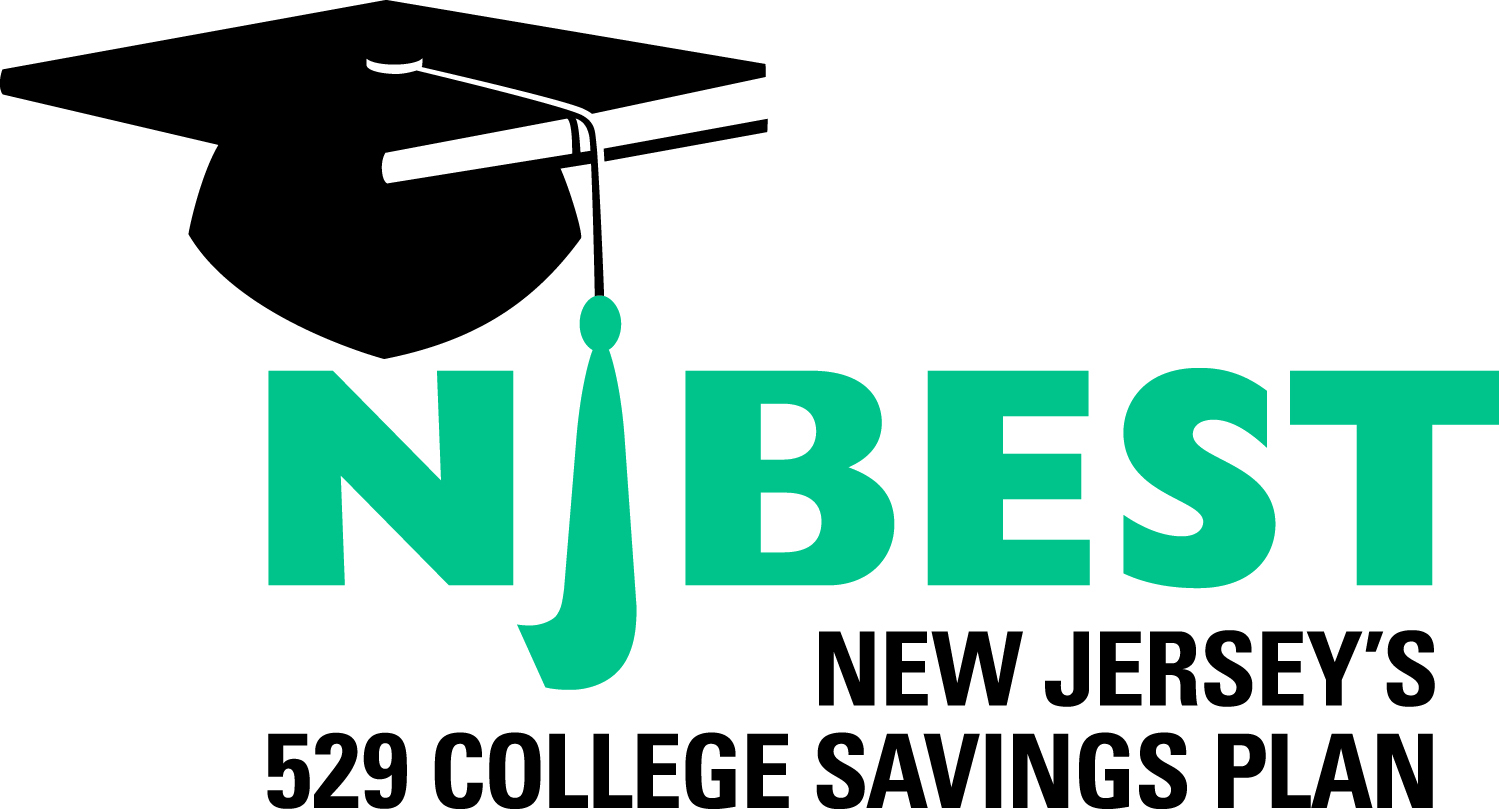It’s no secret that college is expensive. Fortunately, there are strategies you can use to help you prepare for the costs.
The key is to save early and often – plus don’t forget to search for scholarships.
Start Saving Early
Parents who use a 529 plan are able to take advantage of tax benefits that can really help boost college savings. The earlier you start to save for college in a 529 plan, the more time your money has to compound. Your 529 plan contributions grow on a tax-deferred basis, and withdrawals are tax-free when used to pay for qualified education expenses. Because of these tax benefits, waiting to start saving can have a big impact on your ending balance when it’s time to pay for college.
The Power of Starting Early. Let’s say you’re saving for a new baby. If you contribute $200 each month to your 529 plan for the next 18 years you may be able to save around $70,000 (assuming a 6% annual investment return). However, if you wait to start saving until your child is eight years old, you would have to contribute an additional $225 each month to reach the same ending balance of $70,000.1
Invest Regularly
Setting up recurring contributions to your 529 plan is a simple and effective way to save more for college. When your deposits are automated, you’ll be less likely to forget to contribute or spend the money on something else. This “set it and forget it” strategy is a favorite among busy parents.
If you’re concerned about committing to a monthly investment, start small. Even small contributions can grow over time and make a big impact on your college savings.
Consider a family who makes an initial lump sum contribution of $10,000 to their child’s 529 plan. If the family makes no other contributions, and assumes an annual rate of return of 6%, they may be able to save around $28,000 over the next 18 years. But, if the family decides to add a recurring contribution of just $50 per month, they would be able to save close to $20,000 more for college.1
The NJBEST 529 plan makes it easy to contribute regularly with its Automatic Investment Plan (AIP.) Families can set up recurring investments by completing the AIP section when they open an account. Existing NJBEST accounts owners can follow this link to create or change an AIP.
With the NJBEST AIP, you can choose the start date, frequency, and amount. And remember, even if you set up automatic deposits, you can still make additional contributions at any time.
Encourage Help from Friends and Family
College savings gifts are perfect for any occasion, including birthdays, graduations and holidays. But, family and friends may not know how to contribute to your child’s college savings plan. In most cases, they’ll end up buying another toy or game instead.
NJBEST account owners have access to Spryng, an exclusive crowdfunding tool that makes it easy to ask for and receive 529 plan gifts. You start by setting up an online profile page for your child, which you can then publish and share with friends and family. Spryng also allows you to create event-specific fundraising goals that can be shared via email or social media. For example, you may want to set up a Spryng goal for your child’s birthday, preschool graduation, or other milestone.
Remember, even small contributions to a 529 plan can grow substantially over time. A one-time lump sum gift of $500 can grow to over $1,400 over 18 years, assuming an annual rate of return of 6%.2 That’s enough to pay for one year of college textbooks, or a laptop for a student.
Find Free Money
There are many different ways to pay for college, and grants and scholarships make up a big portion of funding sources at 31%.3 Did you know that there are more than 3.7 million scholarships available? Use this scholarship search tool to help uncover what might be the right opportunity for your child.
NJBEST Scholarship
The Matching Grant Opportunity offers eligible families a one-time dollar-for-dollar match of up to $750 when funding a new NJBEST account for a new benificiary.
The NJBEST Scholarship offers a special incentive for New Jersey families to start saving for college early. The Scholarship offers an initial $1000 reward, with an opportunity to receive an additional $500 every two years when you make required contributions. The total maximum award is $3,000, which will grow tax-deferred in your NJBEST account until it’s time to pay for college. Your child can use the scholarship to pay for qualified expenses at any eligible New Jersey college or university.
Saving early and often is an effective way to build your child’s college fund. Each day you wait to save, you miss out on potential tax-free earnings growth. And, if you’re a New Jersey resident, you have access to special incentives and tools that can help you save even more for your child’s future.
- This is a hypothetical illustration to represent the effects of compounding assuming an annual rate of return of 6%. It does not reflect an actual investment, investment expenses, or any taxes payable upon withdrawal which would lower the amounts shown. A periodic investment does not assure a profit or protect against a loss in declining markets. Returns are not guaranteed and may be less than or greater than the amounts illustrated. A periodic investment plan such as dollar-cost averaging does not ensure a profit or protect against a loss in declining markets. Such a plan involves continuous investment in securities regardless of fluctuating price levels; investors should carefully consider their financial ability to continue their purchases through periods of fluctuating price levels.
- This is a hypothetical illustration to represent the effects of compounding assuming an annual rate of return of 6%. It does not reflect an actual investment, investment expenses, or any taxes payable upon withdrawal which would lower the amounts shown. Returns are not guaranteed and may be less than or greater than the amounts illustrated.
- Sallie Mae and Ipsos, How America Pays for College, 2019.
Investors should carefully consider plan investment goals, risks, charges and expenses before investing. To obtain the Investor Handbook, which contains this and other information, call Franklin Distributors, LLC, the manager and underwriter for the plan, at (877) 4NJ-BEST. You should read the Investor Handbook carefully before investing and consider whether your or the beneficiary’s home state offers any state tax or other state benefits such as financial aid, scholarship funds, and protection from creditors that are only available for investments in its qualified tuition program.
NJBEST New Jersey’s 529 College Savings Plan is offered and administered by the New Jersey Higher Education Student Assistance Authority (HESAA); managed and distributed by Franklin Distributors, LLC, an affiliate of Franklin Resources, Inc., which operates as Franklin Templeton.
Investments in NJBEST are not insured by the FDIC or any other government agency and are not deposits or other obligations of any depository institution. Investments are not guaranteed by the State of New Jersey, Franklin Distributors, LLC, Franklin Templeton, or its affiliates and are subject to risks, including loss of principal amount invested. Investing in the plan does not guarantee admission to any particular primary, secondary school or college, or sufficient funds for primary, secondary school or college.
Franklin Templeton, its affiliates, and its employees are not in the business of providing tax or legal advice to taxpayers. These materials and any tax-related statements are not intended or written to be used, and cannot be used or relied upon, by any such taxpayer for the purpose of avoiding tax penalties or complying with any applicable tax laws or regulations. Tax-related statements, if any, may have been written in connection with the “promotion or marketing” of the transaction(s) or matter(s) addressed by these materials, to the extent allowed by applicable law. Any such taxpayer should seek advice based on the taxpayer’s particular circumstances from an independent tax professional.

 {{parent.title}}
{{parent.title}}
 Login
Login



